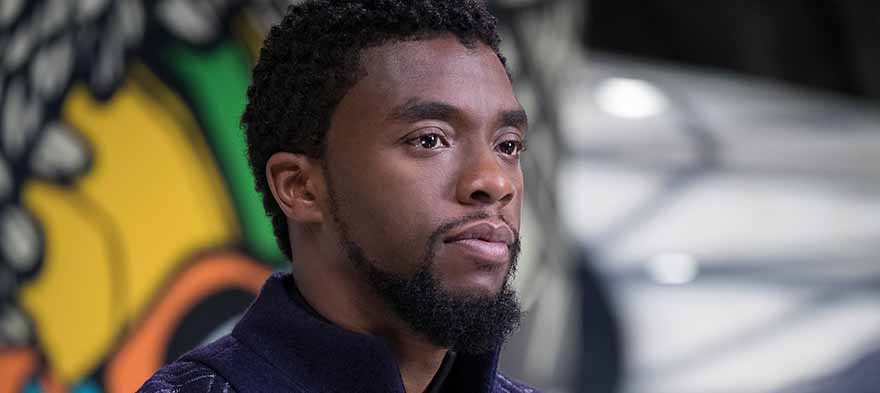
Feb 23, 2018 12:00:00 AM
James E. Ford is the 2015 North Carolina State Teacher of the Year and a member of the National Network of State Teachers of the Year. He currently is the Principal Consultant at Filling the Gap Educational Consultants and is a first year doctoral student at UNC-Charlotte. Ford earned a bachelor of science in mass communication from Illinois State University in 2003 and a master’s degree in teaching from Rockford University in 2009. Before deciding to become a teacher, Ford’s early career cemented his connection to children and youth. He worked as a truancy intervention specialist in high schools and director of a teen center that provided educational and after-school activities for youth at risk of dropping out of school. Ford was recognized as Charlotte Magazine’s Charlottean of the Year, and the National Alliance of Black School Educators’ Teacher of the Year.
Few issues in education spark more tension and debate than standardized testing. Are they a tool for equity or a burden on students? A necessary check on school systems or a flawed measure of...
Charter schools are public schools with a purpose. Operating independently from traditional school districts, they're tuition-free, open to all students, and publicly funded—but with more flexibility...
Despite the benefits of a diverse teaching force, prospective teachers of color fall out of our leaky preparation pipeline at every stage: preparation, hiring, induction, and retention. Here’s what...
Ed Post is the flagship website platform of brightbeam, a 501(c3) network of education activists and influencers demanding a better education and a brighter future for every child.
© 2020-2025 brightbeam. All rights reserved.
Leave a Comment